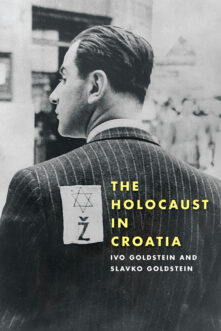Books
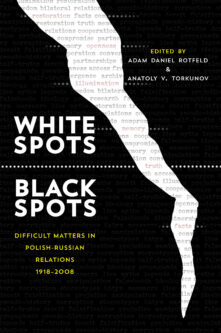
White Spots—Black Spots
Difficult Matters in Polish-Russian Relations, 1918–2008
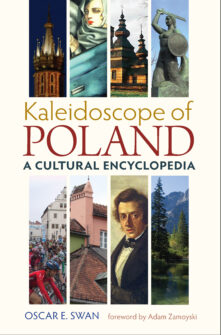
Kaleidoscope of Poland
A Cultural Encyclopedia
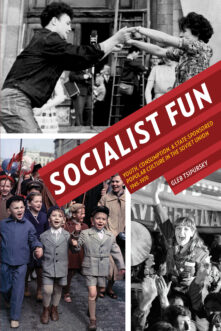
Socialist Fun
Youth, Consumption, and State-Sponsored Popular Culture in the Soviet Union, 1945–1970
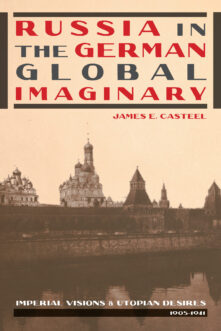
Russia in the German Global Imaginary
Imperial Visions and Utopian Desires, 1905-1941
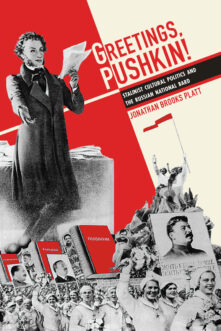
Greetings, Pushkin!
Stalinist Cultural Politics and the Russian National Bard
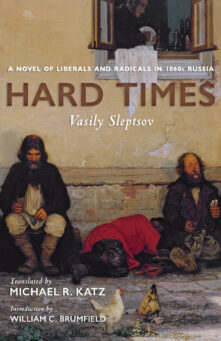
Hard Times
A Novel of Liberals and Radicals in 1860s Russia
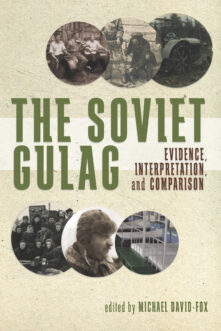
The Soviet Gulag
Evidence, Interpretation, and Comparison
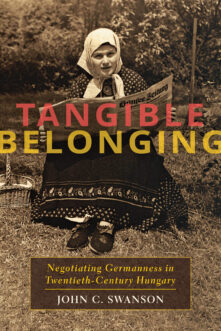
Tangible Belonging
Negotiating Germanness in Twentieth-Century Hungary
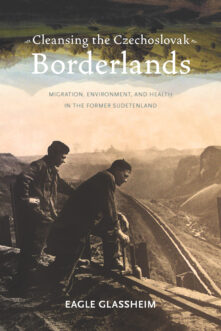
Cleansing the Czechoslovak Borderlands
Migration, Environment, and Health in the Former Sudetenland
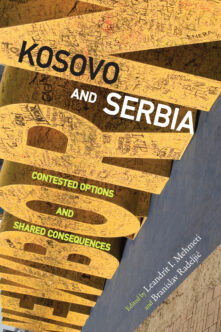
Kosovo and Serbia
Contested Options and Shared Consequences
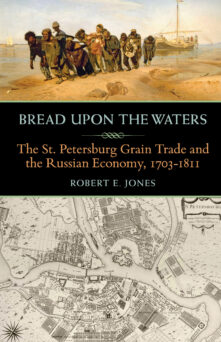
Bread upon the Waters
The St. Petersburg Grain Trade and the Russian Economy, 1703-1811
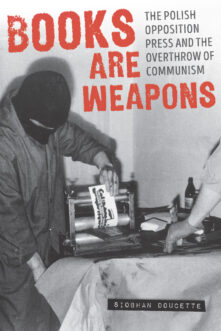
Books Are Weapons
The Polish Opposition Press and the Overthrow of Communism
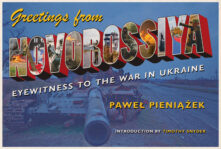
Greetings from Novorossiya
Eyewitness to the War in Ukraine
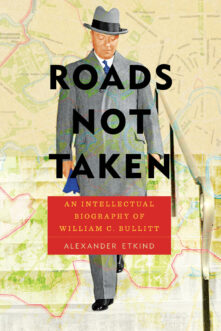
Roads Not Taken
An Intellectual Biography of William C. Bullitt
Total 113 results found.


